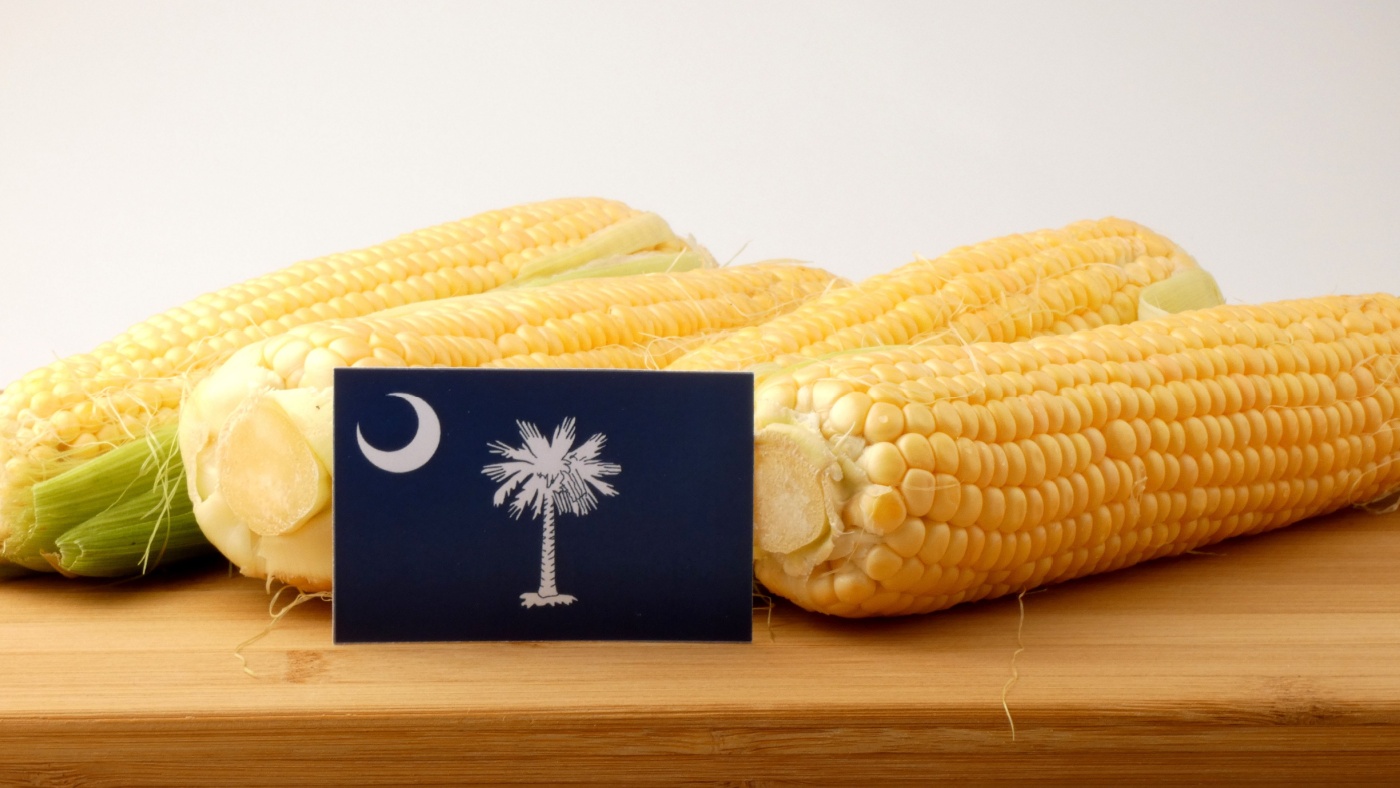South Carolina has a new commodity checkoff program. Let’s hear about it, Commissioner.
As our ag-savvy listeners know, checkoff programs promote and provide research and information for a particular agricultural commodity without reference to specific producers or brands.
South Carolina has checkoff programs for beef, cotton, peanut, pork, soybean, tobacco, and watermelon.
Conversations about a corn checkoff have been growing for years.
Over the past 10 years, an average of one-third of the total planted row crop acres in the state have been planted in corn. Highest value row crop.
Producers decided this was the time to make it happen.
Over the past year, the Agriculture Commission of South Carolina helped producers establish a new commodity checkoff board for corn in our state.
The Commission was created in 1978 primarily to oversee the administration of marketing orders like this one; its members are appointed by the governor and legislative delegations.
The months-long process required farmer petitions, public hearings, several rounds of legal notices, a referendum, and elections of board members.
The referendum showed that there was widespread support across the state for establishing a South Carolina Corn Board.
The goal is keeping corn farmers environmentally and economically sustainable now and in the future.
The corn checkoff went into effect July 1 of this year.
Under the new marketing order, farmers pay an assessment of one-half of one percent of the net market price at time of sale.
The South Carolina Corn Board members were elected by their fellow producers.
This is turning out to be a pretty tough year for corn growers in South Carolina, which I imagine will be reflected in the initial assessment totals.
Over the next several years, I think the checkoff has the potential to help improve yields and profits for South Carolina corn growers, and assure the sustainability of the corn industry here.


